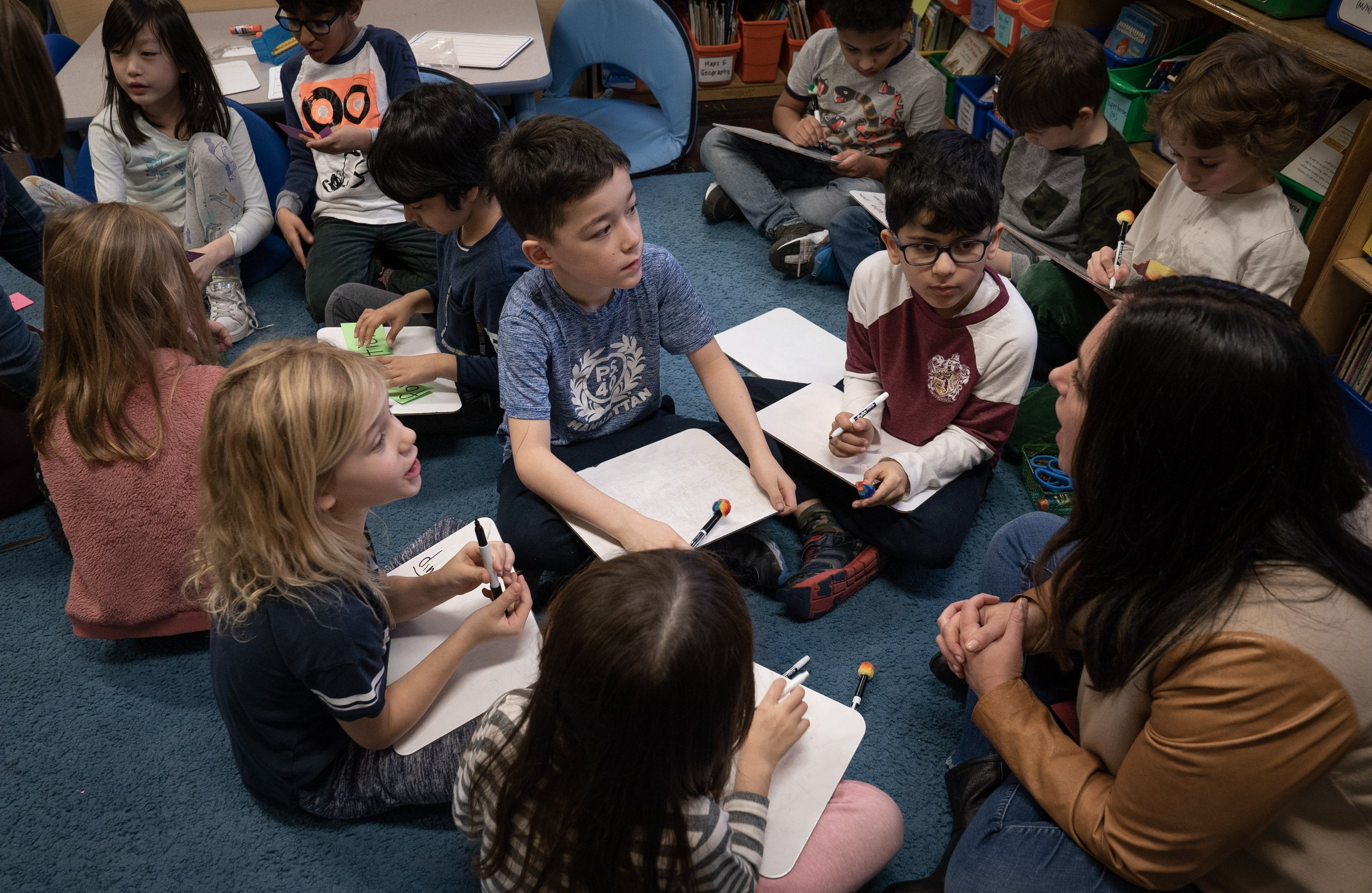
Resources for Educators Who Want to Put Aside the Reading Wars and Focus on Helping Kids
I developed this site to establish a common ground for discussion and to provide support for teachers, school leaders and parents who have no desire to see schools torn apart by the so-called “reading wars" and who want, instead, to center again on the kids.
–Lucy Calkins: Author/co-author of Teaching Writing Well and of Units of Study in Reading, Writing and Phonics, Founding Director of the Teachers College Reading and Writing Project and of Mossflower Reading and Writing Project, and the Robinson Professor of Literacy at Teachers College, Columbia University.
ADDITIONAL RESOURCES
For those who want to learn more about Balanced Literacy, the Science of Reading, phonics instruction, and responses to the media, I’ve created a bibliography with links to essays, research articles, and editorials from thought leaders and scholars in education.
We'll update this section often so as to provide you with a continuing supply of resources that can help you shift the balance of your instruction. These resources will also help you communicate with families.
We're excited to organize small, supportive study groups that will meet 3-5 times over zoom (and will, of course, be renewable.) As the site evolves, we'll also provide sparks to ignite conversation, access to free seminars on related topics, and support via a Help Desk.






